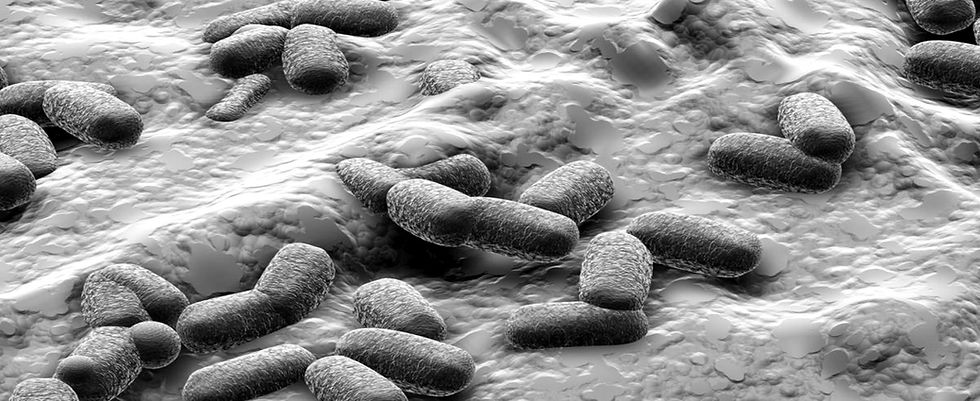Technology vs. Nature
- giuliadinnocenti
- Mar 15, 2021
- 3 min read
Updated: May 21, 2023

Based on research conducted by Tobias Rees, founding director of the Transformations Institute of the Human Program, I offer a reflection on the concept of “Man-Nature” linked to the idea of “imperfection-perfection” and how these terms have been overturned in the course of history.
Starting from the complicated political framework outlined by the recent COVID-19 crisis, Rees' work's interest stems from the idea of the inadequacy of the concept of a modern-technological man who does not consider Nature; on the contrary, they try to transform it by adapting it to their own needs.
The bionic man of the future is a man far from Nature. He is an evolved man who has subdued Nature. Yet, is this really possible? “How can we rethink ourselves in terms of the non-human world?” claims the author in his piece.
The contrast between artificial-technological and natural concepts seems useless and misleading. On the contrary, the two terms are actually closely connected, as viruses show us clearly. Rees explained his concept, bringing up an exciting discussion about the close relationship between an anthropogenic and a microbiological system in terms of forms of life together.
In an anthropogenic world, man lives in symbiosis with the earth’s environment, conditioning its natural, physical, chemical and biological characteristics.

Similarly, microorganisms live in symbiosis with the human organism allowing it to perform the necessary functions that it would not be able to achieve alone.

Having said that, how did we arrive at the modern concept that excludes the natural condition of man? Can technology be considered superior to Nature?
Rees also refers to the concept of logos that distinguishes man from other living beings. To do this, he refers to Aristotelian and Hobbesian theories, contrasting them.

Looking back at Aristotle's view, humans are, by Nature, part of a community. They diversify from animals only regarding organisation and participation, typical of human beings with logos. In fact, while animals live in a community based on pure instinct, a man by Nature is rational because he has a reason that allows him to engage in the community actively.
Between the mid-sixteenth century and the first decades of the seventeenth century, a series of revolutionary ideas transformed the image of Nature inherited from antiquity, outlining a new cosmic structure centred around man.

Hobbes is one of the founders of the new theory. In his work, "The Leviathan", he shows a primordial Nature from which man has to elevate. Only animals live as automata at the mercy of their instincts. Humans are gifted with the freedom to use their reason. Nature does not converge with evolution, but rather with a condition we must move away from.
I find fascinating the paradox that modern science relegates man as a being apart from animals. On the contrary, viruses follow the ancient Aristotelian logic that man is an animal among animals; indeed, man is not an exception to the rest of human beings.
The article continues to draw a parallel between how Nature is understood from the perspective of viruses and from that of men. Viruses outline a state of Nature developed on a close interconnection of the organisms that are part of it. On the other hand, modern man seems to approach the future in terms of evolution, remaining distant from the concept of Nature.
As an artificial tool not found in Nature, technology is instead considered a tool that allows liberation from the natural state. Yet, “[...] antibiotics, that we recognise as some of our most advanced technologies, were not in fact invented by humans but by microbes?” In this sense, Rees mentions the limits of the Modern man who, although endowed with reason, do not realise that the value of things is not constituted by humans, who only contribute to their constitution.
We should start considering Nature as viruses do. Not tending to destroy Nature but respecting it and including it in human existence. If not, humans would lack the foundation of their existence. The correct use of logos as reason is breaking down the barriers between humans and Nature and creating paths of coexistence.




Comments